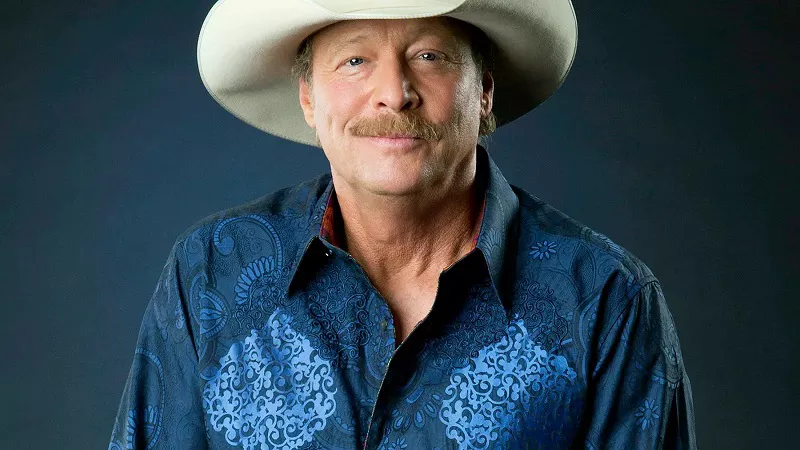In the vast landscape of American music, few genres carry the rich history and cultural significance of Southern country music. Rooted in tradition, storytelling, and a deep connection to the land, Southern country music has captivated audiences around the world with its heartfelt lyrics, twangy melodies, and soul-stirring performances. In this article, we embark on a journey to explore the essence of Southern country music, tracing its origins, evolution, and enduring influence.
Origins and Influences
Southern country music traces its origins to the rural landscapes of the American South, where folk traditions, blues, gospel, and Appalachian music converged in the early 20th century. It emerged as a distinctive genre in the 1920s and 1930s, fueled by the rise of radio and the recording industry.
One of the earliest pioneers of Southern country music was Jimmie Rodgers, known as the “Father of Country Music.” With his unique blend of blues, folk, and yodeling, Rodgers paved the way for future generations of country artists. His songs, such as “Blue Yodel No. 1 (T for Texas)” and “Waiting for a Train,” captured the struggles and joys of rural life, resonating with audiences across the country.
Another seminal figure in the development of Southern country music was the Carter Family. Hailing from Virginia, the Carter Family—A.P., Sara, and Maybelle—crafted timeless songs rooted in Appalachian folk traditions. Their haunting harmonies and poignant lyrics, showcased in songs like “Wildwood Flower” and “Can the Circle Be Unbroken (By and By),” solidified their status as legends of the genre.
As Southern country music continued to evolve, it drew inspiration from diverse musical influences, including Western swing, honky-tonk, and rockabilly. Artists like Bob Wills, Hank Williams, and Elvis Presley left an indelible mark on the genre, shaping its sound and style for generations to come.
Themes and Songwriting
At the heart of Southern country music lies the art of storytelling. From tales of love and heartache to odes to small-town life and the struggles of the working class, country songs capture the essence of the human experience with honesty and authenticity. Themes of family, faith, and resilience permeate the lyrics, reflecting the values and traditions of Southern culture.
Many classic country songs revolve around universal themes of love and loss. Whether it’s the bittersweet longing of Patsy Cline’s “Crazy” or the raw emotion of Johnny Cash’s “I Walk the Line,” these songs resonate with listeners on a deeply personal level, transcending time and place.
Southern country music also celebrates the simple pleasures of life and the beauty of nature. Songs like Willie Nelson’s “On the Road Again” and Dolly Parton’s “Coat of Many Colors” evoke images of open highways, rolling hills, and humble beginnings, reminding us of the importance of staying true to our roots.
In addition to traditional themes, Southern country music often tackles social and political issues, offering commentary on everything from war and poverty to heartland pride and cultural identity. Artists like Merle Haggard, Loretta Lynn, and Johnny Cash used their platform to shed light on pressing issues facing their communities, sparking important conversations and inspiring change.
Evolution and Modern Trends
While Southern country music has deep roots in tradition, it continues to evolve and adapt to the changing times. In recent decades, the genre has embraced elements of pop, rock, and hip-hop, giving rise to new subgenres like country pop, bro-country, and country rap.
Contemporary artists like Taylor Swift, Luke Bryan, and Florida Georgia Line have pushed the boundaries of Southern country music, infusing it with modern production techniques and crossover appeal. Their chart-topping hits and energetic live performances have helped introduce country music to a new generation of fans, expanding its reach and relevance in today’s music landscape.
Despite these changes, Southern country music remains grounded in its roots, with many artists staying true to the genre’s traditional sound and storytelling ethos. Icons like George Strait, Reba McEntire, and Alan Jackson continue to uphold the legacy of classic country music, earning acclaim and admiration for their timeless contributions to the genre.
Conclusion
Southern country music is more than just a genre—it’s a cultural phenomenon that embodies the spirit of the American South. From its humble beginnings in rural communities to its global influence today, country music continues to captivate audiences with its heartfelt lyrics, soulful melodies, and timeless appeal.
As we celebrate the legacy of Southern country music, let us honor the artists who have paved the way and continue to inspire us with their music. Whether you’re two-stepping at a honky-tonk or listening to a classic country song on the radio, Southern country music reminds us of the power of storytelling and the enduring magic of music. So, grab your cowboy boots and turn up the volume—because the heart and soul of Southern country music are here to stay.

